Strengthening Nutrition Governance Together: Insights from the Pook Malusog Community of Practice
Insights from the Field | by Krizzia Esperanza
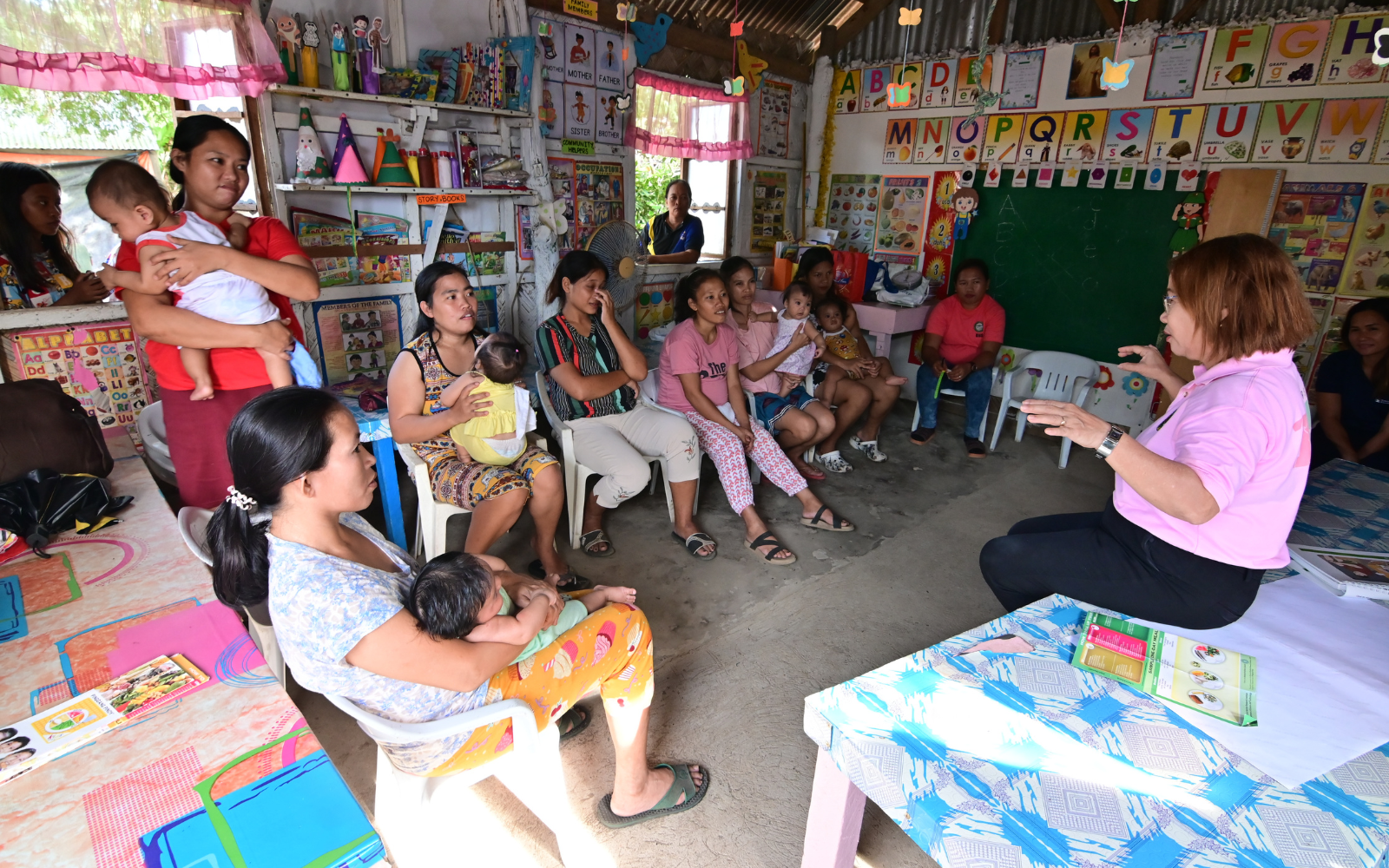
The Pook Malusog Community of Practice (CoP) of the Zuellig Family Foundation continues to be a space where local nutrition leaders come together to exchange ideas, tackle challenges, and celebrate successes. The recent Online Kumustahan activity last March 6, 2025, provided a valuable opportunity for moderators from five Pook Malusog provinces—Sarangani, Zamboanga del Norte, Basilan, Samar, and Northern Samar—to reconnect and share their experiences in improving nutrition programs.
From July 2024 to the present, many provinces have made significant strides in their nutrition programs. Some of the highlights shared during the session include:
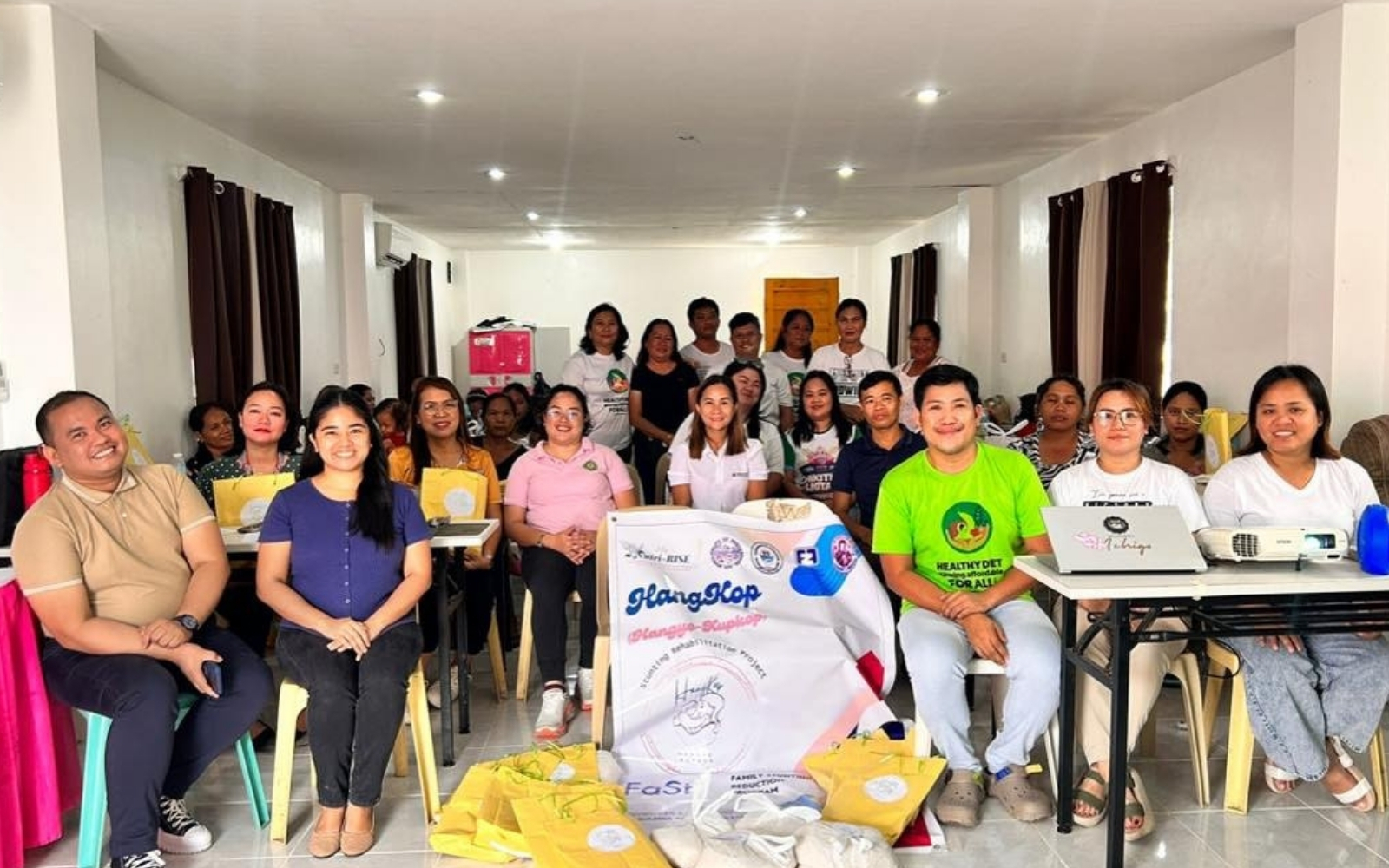
- Samar: The HangKop (hangkop, “to hug” or “to embrace”) stunting rehabilitation program is actively supporting at-risk households with children under two. HangKop also stands for two Visayan words: hangyo, meaning “request”, and kupkop, meaning “adopt” or “take custody”. In this context, the program seeks to place stunted children under specialized care, providing supplementation and addressing other sectoral needs such as food access and livelihood opportunities, while ensuring frequent health and nutrition status monitoring. The province also earned its second Green Banner Award and is striving for the CROWN (Consistent Regional Outstanding Winner in Nutrition) Award. The inspiring story of Hayden, a malnourished child from an abusive household, showcased how government programs can help transform lives through integrated support.
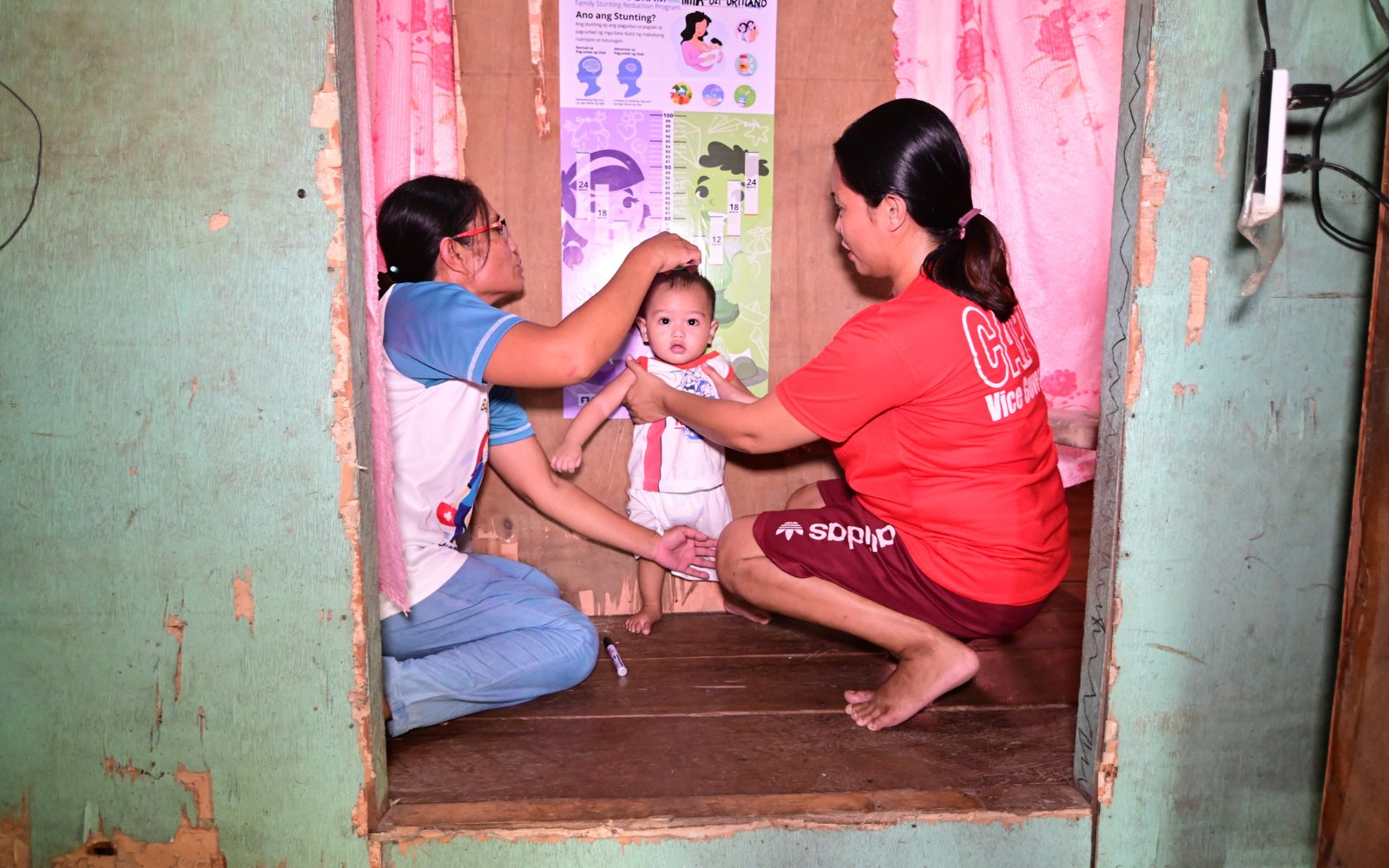
- Northern Samar: The province has achieved a 90% coverage rate for facility-based deliveries and skilled birth attendance in 2024. The governor’s leadership played a crucial role in securing the Green Banner Award and organizing the first BNS (Barangay Nutrition Scholars) Convention last year. To protect the positions of BNSs and BHWs (Barangay Health Workers), officials are lobbying for a provincial ordinance. Meanwhile, Catarman was recognized for its accredited outpatient therapeutic care under PhilHealth.
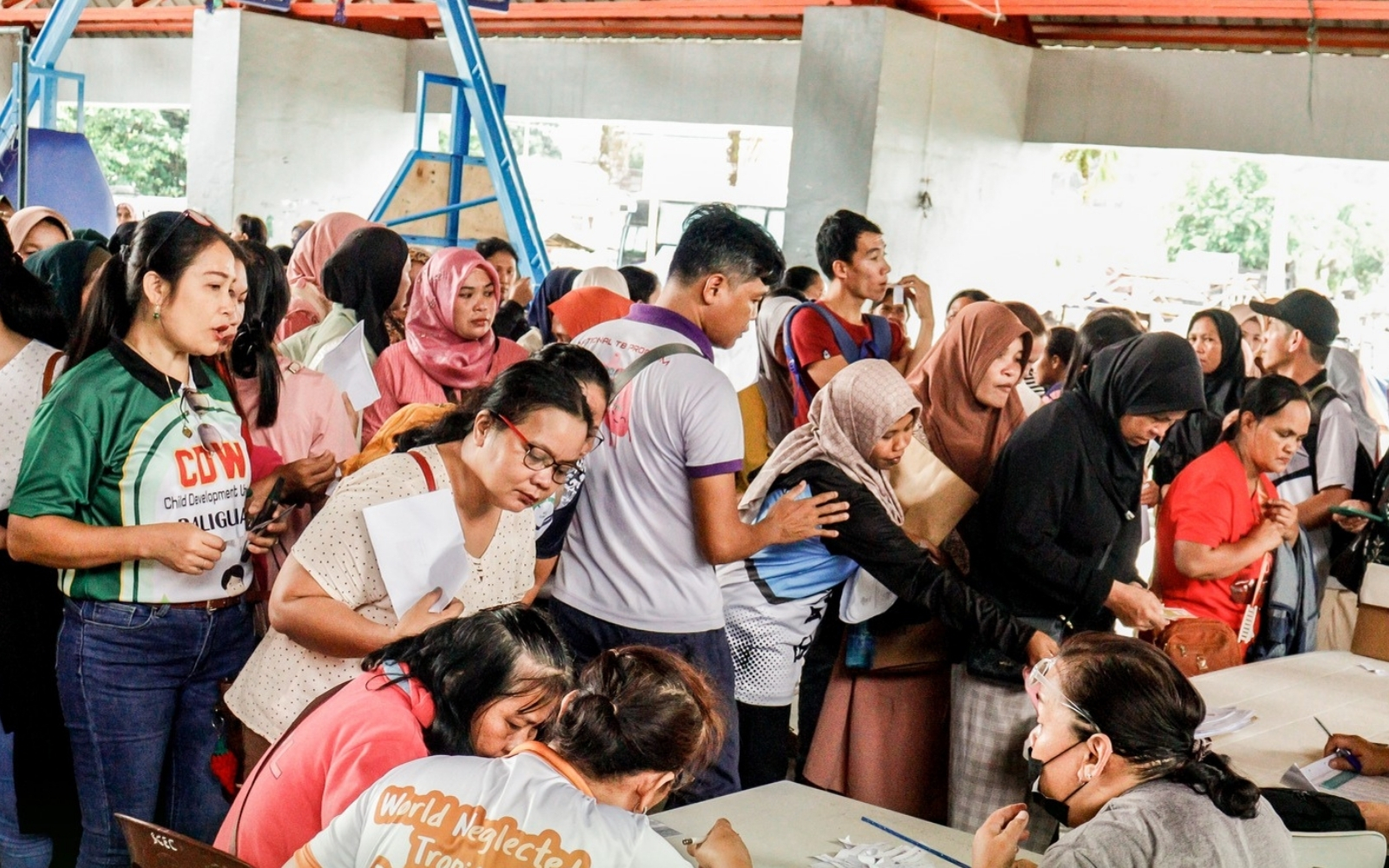
- Zamboanga del Norte: The province appointed a full-time Provincial Nutrition Action Officer and provided incentives for BNSs. They have successfully rolled out training programs on food and nutrition security for both BNSs and BHWs, with a focus on the First 1,000 Days of life. The HAPAG (“table”, Halina’t Magtanim ng Prutas At Gulay: “Let’s Plant Fruits and Vegetables) initiative, aimed at food security, has rehabilitated nearly 70% of malnourished children in its pilot area by the end of 2024, prompting plans to expand to two more municipalities.
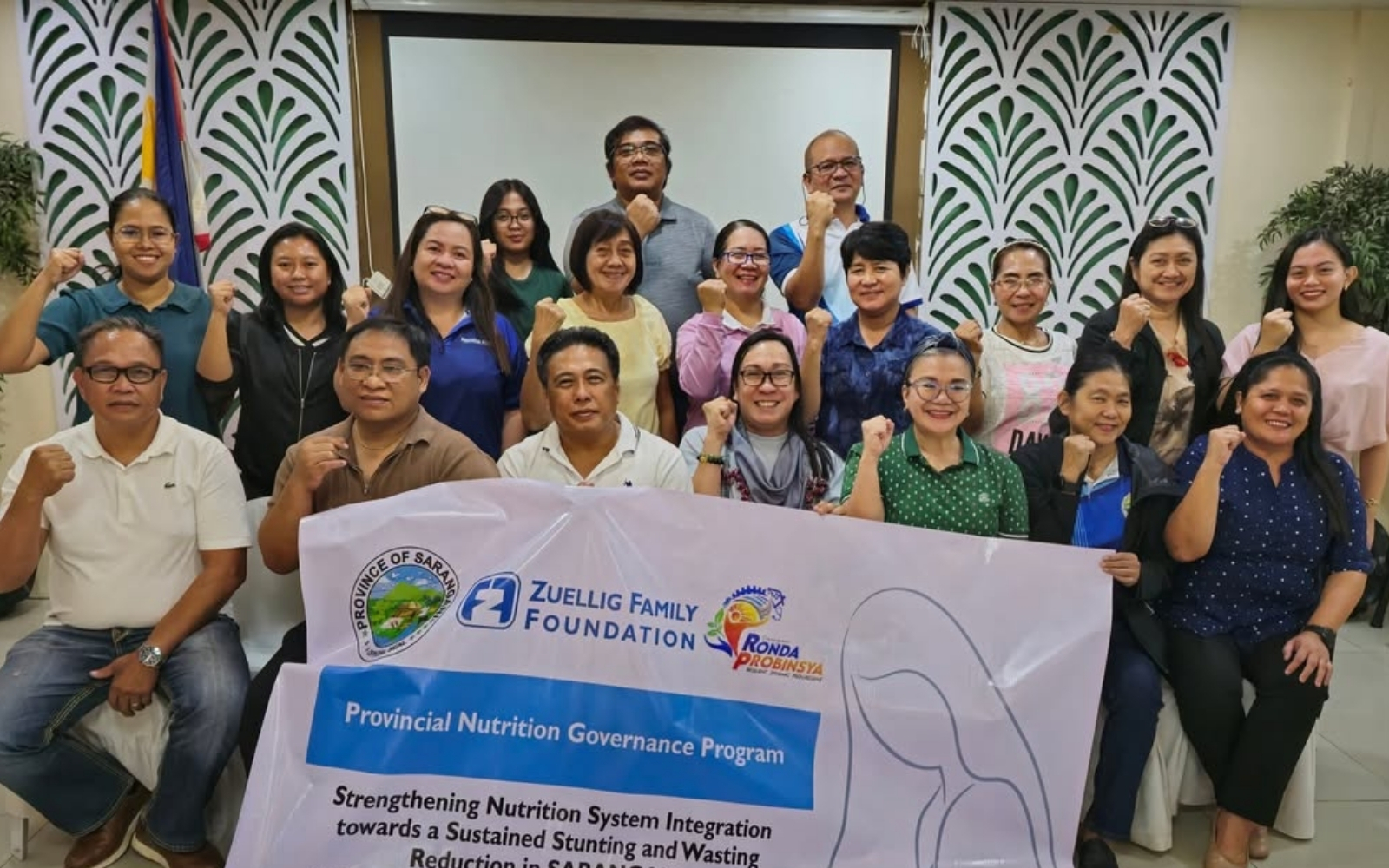
- Sarangani: The province implemented extensive training for health workers across various health units and hospitals. A Barangay Health and Nutrition Welfare Ordinance was enacted in 2024 to increase the honorarium for BNSs, and retiring BNSs now receive recognition and financial benefits. The Paglambo sa Katilingban (“development of community”) project supports 450 households through training, food assistance, and livelihood support. Additionally, a provincial nutrition information system was developed to enhance health and nutrition data management deployed to the seven municipalities of Sarangani. The first branch of Nutrition Bakery “NutriBak” in tripartite agreement with Municipality of Alabel, and Mahintana Foundation, gained partnership with the Department of Education to supply nutribun to and generate income to sustain nutrition programs. The province will be launching its expansion site at Kiamba, Sarangani this March.
The Online Kumustahan reaffirmed that collaboration is key to improving nutrition governance. By continuously sharing experiences, learning from each other, and working together, local leaders are making a real impact in their communities. The journey is just beginning, but with a strong commitment to working together, the future of nutrition governance looks promising.